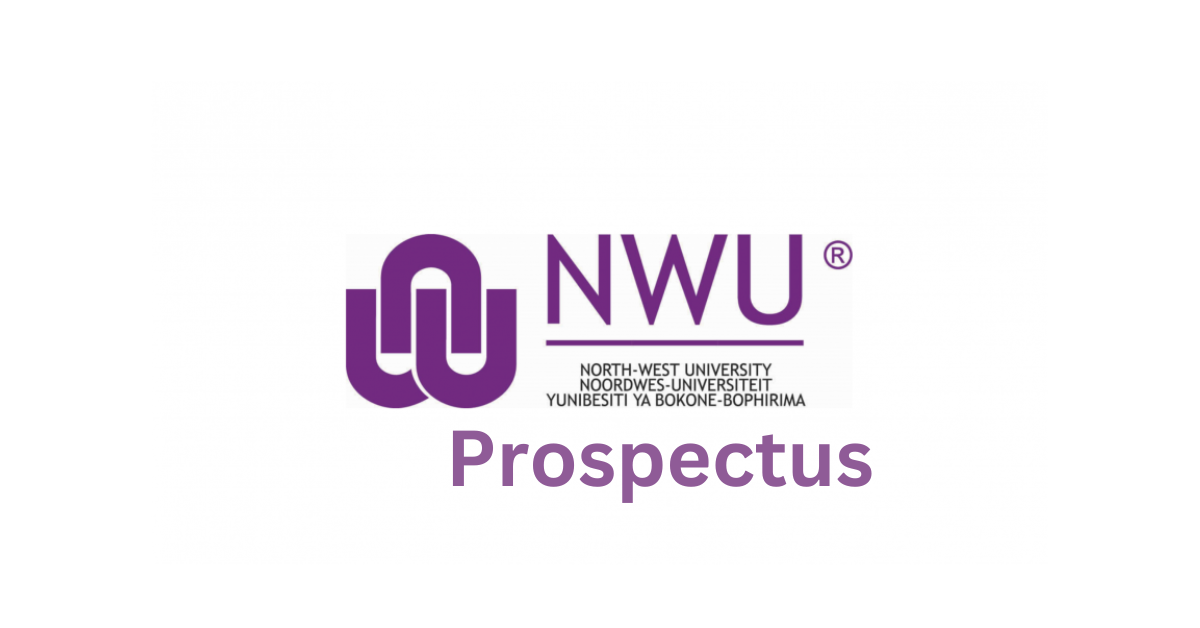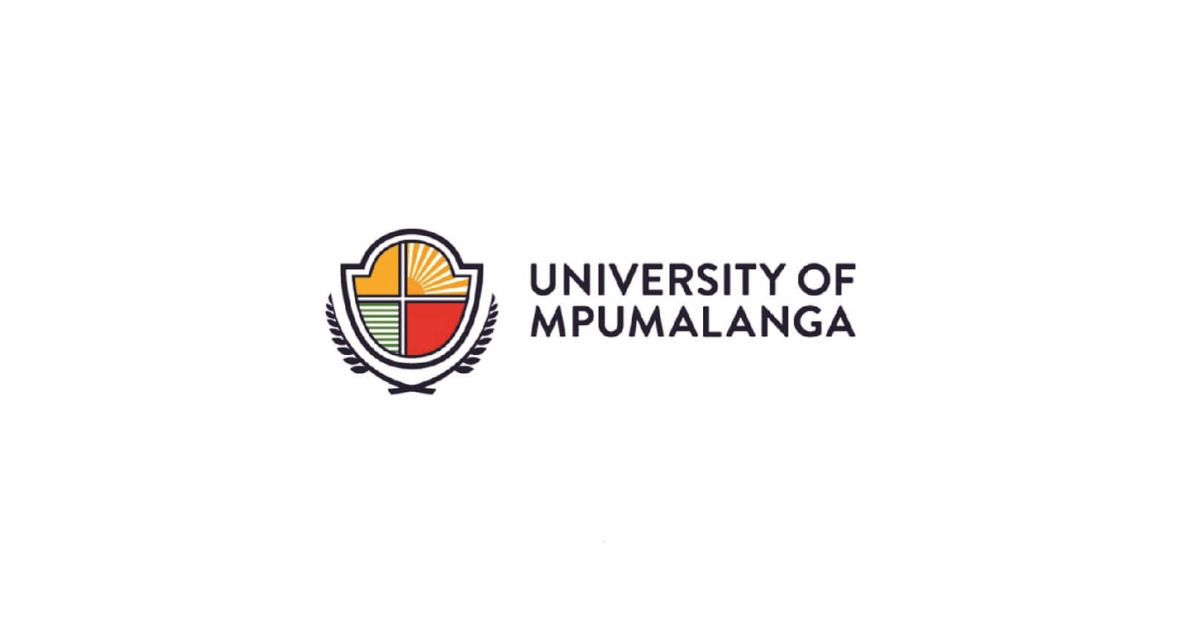The University of South Africa (UNISA) stands as a pillar of distance learning in South Africa, offering flexible and accessible education to students from all walks of life. Among its extensive programs, UNISA’s education courses are significant, preparing individuals to shape the next generation as qualified teachers and education specialists. Whether you are an aspiring educator or a seasoned professional looking to enhance your skills, UNISA has something to offer.
In this guide, we explore UNISA’s education courses in detail, covering the categories of courses, qualifications, course requirements, and the application process.
Categories of Education Courses at UNISA
UNISA offers a broad range of education courses tailored to meet the diverse needs of learners. These programs cater to undergraduate, postgraduate, and professional development levels, ensuring there is a pathway for everyone.
1. Undergraduate Education Programmes
These programs are designed to provide the foundational knowledge and skills required for a teaching career. They include:
- Bachelor of Education (BEd):
This is the cornerstone of UNISA’s education offerings, preparing students for school teaching roles. Specializations include:- Foundation Phase Teaching (Grades R–3)
- Intermediate Phase Teaching (Grades 4–6)
- Senior and Further Education and Training (FET) Phase Teaching (Grades 7–12)
- Diplomas and Certificates:
These qualifications offer more focused training in specific areas of education, such as early childhood development or inclusive education.
2. Postgraduate Programmes
UNISA’s postgraduate education programs are designed for graduates who want to deepen their expertise or transition into teaching roles. These include:
- Postgraduate Certificate in Education (PGCE):
This qualification allows individuals with a bachelor’s degree in a non-education field to become qualified teachers. It includes specializations in Foundation, Intermediate, and Senior/FET Phases. - Honours Programmes:
These courses build on undergraduate studies, focusing on advanced topics such as curriculum design, educational management, or psychology in education.
3. Advanced Diplomas and Short Learning Programmes
For educators looking to specialize or upskill, UNISA offers advanced diplomas and short learning programs in areas like:
- Inclusive Education
- Adult Basic Education and Training (ABET)
- School Leadership and Management
4. Research Degrees
For those interested in academic research or leadership roles in education, UNISA offers:
- Master of Education (MEd):
A research-based program explores education policy, curriculum studies, and pedagogy. - Doctor of Education (DEd) and PhD in Education:
These advanced degrees involve rigorous research, contributing to knowledge and innovation in education.
Qualifications Offered
UNISA’s education courses lead to a range of qualifications designed to cater to different career levels and ambitions. These include:
- Bachelor’s Degrees: For students entering the teaching profession.
- Postgraduate Certificates: For career changers transitioning into education.
- Honors Degrees: For advanced academic and professional development.
- Master’s and Doctoral Degrees: For research and leadership in education.
- Certificates and Diplomas: For specific skills or knowledge in niche areas.
Each qualification is accredited and recognized, ensuring that graduates are well-prepared for their chosen careers.
Course Requirements
Meeting the entry requirements is essential for admission to any of UNISA’s education programs. Below is an overview of the general requirements for key programs:
1. Bachelor of Education (BEd)
- Academic Requirements:
Applicants must hold a National Senior Certificate (NSC) or equivalent with appropriate endorsement. - Subject-Specific Requirements:
Proficiency in key subjects such as mathematics, languages, or physical sciences may be required for certain teaching specializations. - Duration:
The BEd is a four-year program.
2. Postgraduate Certificate in Education (PGCE)
- Eligibility:
A bachelor’s degree with sufficient credits in the subjects you intend to teach. For example, aspiring mathematics teachers must have a strong academic background in mathematics. - Additional Considerations:
Practical experience or prior learning in education can enhance your application. - Duration:
Typically one year full-time or two years part-time.
3. Honours and Master’s Programmes
- Honours Programmes:
Applicants must hold a recognized undergraduate degree in education or a related field. - Master’s Programmes:
A relevant honors degree and, in some cases, a strong research proposal are required.
4. Doctoral Programmes
- Eligibility:
A master’s degree in education or a closely related field. - Research Proposal:
A detailed proposal outlining your intended research area must be submitted.
Language Proficiency
Proficiency in English is essential for all programs, as it is the primary language of instruction at UNISA.
How to Apply for UNISA Education Courses
Applying for a course at UNISA is a straightforward process, but it requires careful attention to detail to ensure success. Follow these steps to secure your place:
Step 1: Explore Programmes and Requirements
- Visit the official UNISA website to browse the available education courses.
- Review the admission requirements and ensure you meet them before proceeding.
Step 2: Check the Application Period
- UNISA’s application windows are typically open in September and close in November for undergraduate and postgraduate programs.
- Short learning programs may have different schedules.
Step 3: Complete the Online Application
- Create a MyUNISA account and log in to access the application portal.
- Fill out the application form, providing accurate personal and academic information.
- Upload supporting documents, including:
- Certified copies of your ID/passport.
- Academic transcripts and certificates.
- Proof of payment for the application fee.
Step 4: Pay the Application Fee
- A non-refundable application fee must be paid to complete the process. Ensure you keep the payment receipt for reference.
Step 5: Track Your Application
- Regularly check the status of your application on the UNISA portal.
- If accepted, you will receive an offer of admission, which must be accepted within the specified timeframe.
Step 6: Register and Pay Tuition Fees
- Once admitted, register for your courses and pay the required tuition fees to confirm your enrolment.
Why Choose UNISA for Education Courses?
- Flexibility: UNISA’s distance learning model allows students to study at their own pace, making it ideal for working professionals or those with family commitments.
- Affordability: The university offers competitive tuition fees and various payment options.
- Global Recognition: UNISA qualifications are recognized both locally and internationally, opening doors to global opportunities.
- Comprehensive Support: From online tutorials to academic counseling, UNISA ensures students receive the guidance they need to succeed.
- Impactful Careers: Graduates are equipped to make a difference in classrooms and educational institutions, contributing to the betterment of society.
Conclusion
UNISA’s education courses are a gateway to a fulfilling career in teaching and educational leadership. With its diverse offerings, flexible learning model, and commitment to quality, UNISA empowers students to achieve their dreams and make a positive impact in the world.
If you are passionate about education and aspire to shape the minds of future generations, UNISA’s education programs provide the perfect foundation. Explore their offerings today and take the first step towards a brighter future in education.
For more inquiries, visit the official webpage of the University of South Africa.



